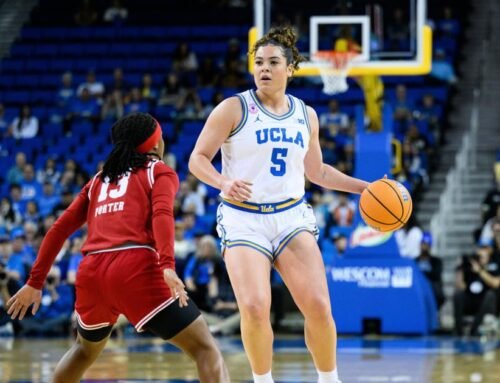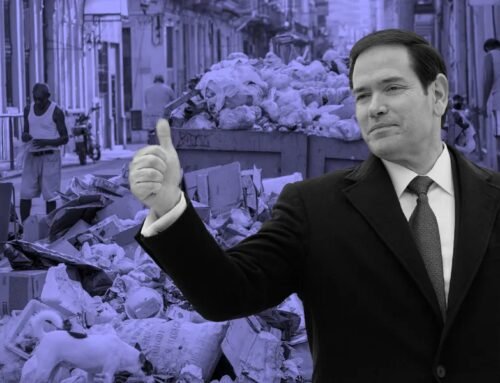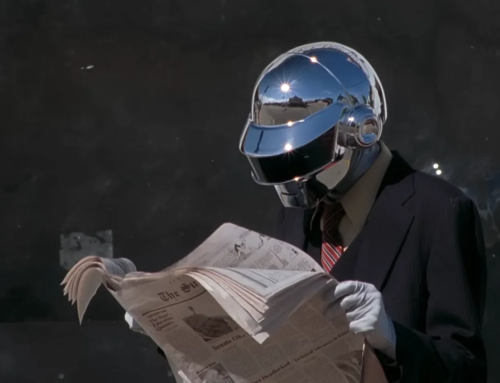

A Conspiracy of Chickens
A Memoir
David Waltner-Toews
Wolsak and Wynn Publishers
2022
David Waltner-Toews is an erudite Canadian epidemiologist/veterinarian/author polymath. In addition to being a Professor Emeritus in the Department of Population Medicine at the University of Guelph, the founding president of Veterinarians without Borders-Canada and the author of around a hundred peer-reviewed scholarly papers, he has written books. The books cover a range. Poetry, short stories, a murder mystery, an examination of zoonotic diseases, an exploration of the evolutionary, ecological, and cultural aspects of poop…And now, at last, he has written a chicken memoir. A pinnacle every author should aim for!
Waltner-Toews’ initiation into the society of backyard chicken keepers was not planned or purposeful. He candidly declares “I do not remember ever having wished to own chickens.” But in the beginning days of the Covid pandemic, as his seventieth birthday approached, his wife presented him with a box—one that emitted peeps. When he opened it, he discovered “a trembling handful of the cutest, fluffiest little multicolored puffballs, each with its own tiny beak and claws.”
His wife’s gift was not impulsive. He had recently been diagnosed with deep-vein thrombosis and placed on anticoagulants, with doctors advising him to exercise to improve circulation. “These chickens, apparently, were a therapeutic intervention.” And he suspected that his wife had an additional motive. “…to keep me from dark despair after seventy.” As every backyard chicken keeper knows, raising chicks involves exercise. More exercise than most people imagine. At first, the babies lived under a lamp in a box in the living room. Before long, they were escaping the box and were relocated to a larger one in an attic bedroom. Escaping the larger box was only a matter of time. Soon, there were “traces of excrement on the bedsheets.” Eventually, Waltner-Toews borrowed tools, enlisted a friend’s help, and built a backyard coop. The birds now had a permanent home, and he was officially a full-fledged backyard chicken keeper.
He was surprised at his own transformation. As an epidemiologist he had spent a certain amount of time thinking about chickens, but it was “in terms of food safety and avian flu.” And as a vet, “We never learned much about treating diseases in individual chickens. Who in their right mind would bring a chicken into an expensive vet clinic? Our training was mostly in how to diagnose and prevent or treat depression and disease in large groups.” He recounts how during his first year as a vet someone brought a pet chicken with bumblefoot into his clinic. “I felt awkward about spending a client’s money on a bird of so little value.”
But his transformation was real. By summer, “we sit out in the yard in our red Adirondack chairs, reading, sipping G&T’s, chatting, debriefing, listening to the…quiet nattering and purring of the pullets. The grass is grassy, the shrubs shrubby, the gin…well you get the picture.”
Eventually, he found himself talking to the hens—having conversations. And singing to them. As he spent time “watching the chickens, their brilliant red and orange combs and wattles, their brown, beige, white, barred and speckled bodies like fat, flowering shrubs waddling and running and flapping herky-jerky back and forth around the green yard,” he wondered “…if there is a sort of karma involved. Having dished out advice to everyone else, I am now being called upon to educate myself in the practicalities of backyard chicken raising.” And as he watched “I feel an unexpected twinge—excitement, sadness, happiness, concern—a tightening in my chest, water trying to escape my eyes: My babies. What is this? They are just chickens.”
This book is much more than a personal memoir about his flock. Waltner-Toews delves into the deep, complex relationship between humans and chickens, examining the ethics, ecology, and history of how we produce and consume food. He recalls telling his wife about discovering the chickens squabbling over and gobbling down a broken egg under the roost. “It’s just protein,” his wife remarks, prompting him to reflect, “Is there such a thing as unjust protein? Of course there is. The world of corporate-controlled agriculture.”
He argues that comparing a dozen backyard eggs to a dozen factory-farmed eggs goes far beyond economics. He observes, “The girls [in early April] look a bit tattered and are putting out more feces than eggs, but they are still eating and drinking, and they listen without criticism or judgment when I talk—unless I don’t bring a snack along. Why bother coming to the lecture if there are no interesting food scraps? I am learning once again, in this COVID-19 lockdown, that the value of a chicken cannot be calculated in eggs per dollar, or dollars per egg.”
As a fellow backyard chicken keeper who has also passed the seventy-year milestone, I deeply relate to the story this book tells. In many ways my perspective exactly mirrors his. Like Waltner-Toews, I find solace and joy in my flock. He writes of returning home after a trip: “I walked slowly across the yard to the coop, taking in deep clean breaths of crisp, Coronavirus-free air. The hens were just fine, coping with Canadian weather. They told me stories, none of them traumatic or earth-shaking. They advised me to go back inside and write poetry.”
Waltner-Toews closes with a thought borrowed from Montaigne: “I want death to find me planting my cabbages.” For him, this sentiment becomes, “I want death to find me teaching my chickens to jump for bread.” I couldn’t agree more, David Waltner-Toews. I couldn’t agree more.
…
https://www.randyschickenblog.com/home/2024/12/18/chicken-books-my-picks-2024
www.randyschickenblog.com
Feed Name : Randy's Chicken Blog
https://images.squarespace-cdn.com/content/v1/5b4227f2a2772c7471598744/1734566998545-P202UNEUEBXH26GM2LM5/Books+2024+cover.jpg?format=1500w#
Books
hashtags : #Chicken #Books #Picks #Randys #Chicken #Blog






Leave A Comment